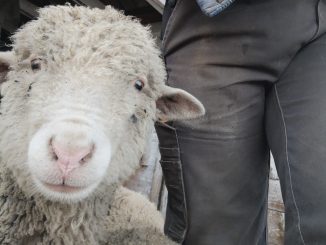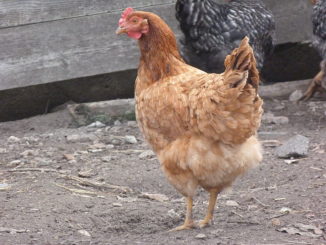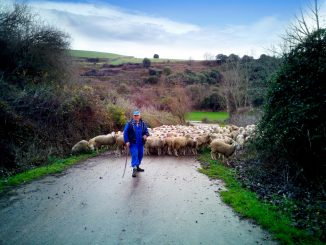In the Descent of Man Charles Darwin argues that the history of man’s moral development has been a continual extension of the objects of his ‘social instincts’ and ‘sympathies’: Originally each man had regard only for himself and those of a very narrow circle about him; later he came to regard more and more ‘not only, the welfare, but the happiness of all his fellow men’; then ‘his sympathies’ became more tender and widely diffused, ‘extending to men of all races, to the imbecile, maimed and other useless members of society, and finally to the lower animals.’

The evolution of our laws have run a parallel course. It is unthinkable that a father could have power of life or death over his family as a Roman paterfamilias did or that racial segregation and Apartheid could operate again. In 1948 the Universal Declaration of Human Rights was adopted by the UN General Assembly and took on the force of international law in 1976. Tragic conflicts endure but human beings are less inclined to kill and maim one another than they were in the past.
Read the livestock debate in full
Alas we have been slow to extend our sympathies to other animals. Linked to the killing of over fifty billion domesticated animals is the impending Sixth Extinction. With farms replacing natural habitats that once acted as carbon sinks species are dying out in droves. Livestock agriculture is the leading cause of deforestation in many parts of the world, especially the Amazon Rainforest.
If Darwin is right our sympathies will evolve to include the plight of other animals. We have grounds for hope that the terrifying slaughter of animals that seems anathema to our nature may cease. This could bring more peaceful relations between humans. Leo Tolstoy wrote: ‘As long as there are slaughter houses there will be battlefields.’
Livestock-apologists such as Sheldon Firth miss this big picture. Even his small picture – the thesis of holistic management – does not stack up. Holistic management was developed by the Zimbabwean ecologist Allan Savory whose previous theories led to 40,000 elephants being killled.
Leaving aside the wisdom of trusting an individual responsible for the slaughter of such noble creatures, a comprehensive review of Savory’s trial and others asserts that the system: ‘failed to produce the marked improvement in grass cover claimed from its application’; further maintaining that: ‘no grazing system has yet shown the capacity to overcome the long-term effects of overstocking and/or drought on vegetation productivity’.
Just as there are those who still deny human responsibility for climate change there are cranks who deny the role of livestock agriculture. Let us evolve and extend our sympathies to all living creatures.
Frank Armstrong is an Irish writer and teacher currently residing in the Czech Republic. He has written on a diverse range of subjects including history, the politics of food and literature for a variety of publications in the UK and Ireland. At present he teaches law in Anglo-American University in Prague and previously taught in University College Dublin and St. Clare’s Oxford. He is the author of ‘Beef with potatoes: food, agriculture and sustainability in modern Ireland’ from the Proceedings of the Royal Irish Academy (2015).





